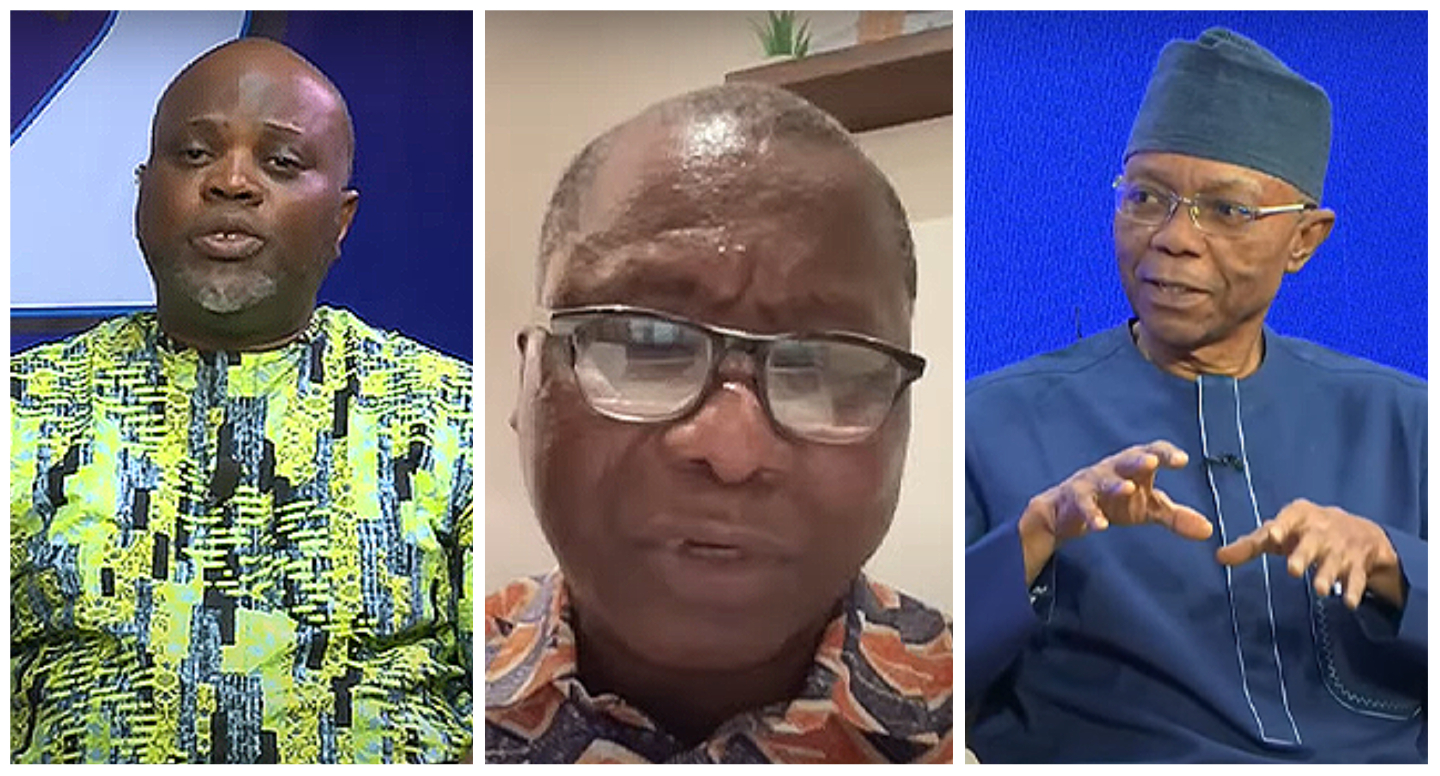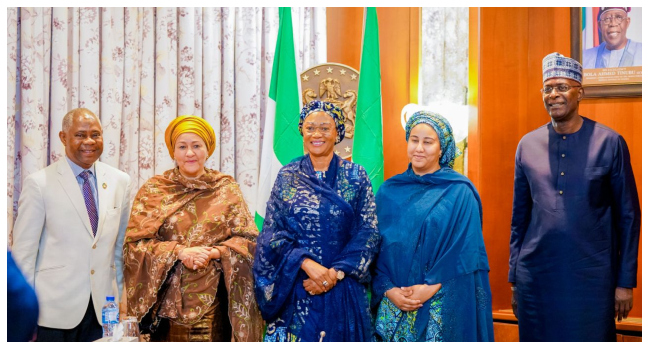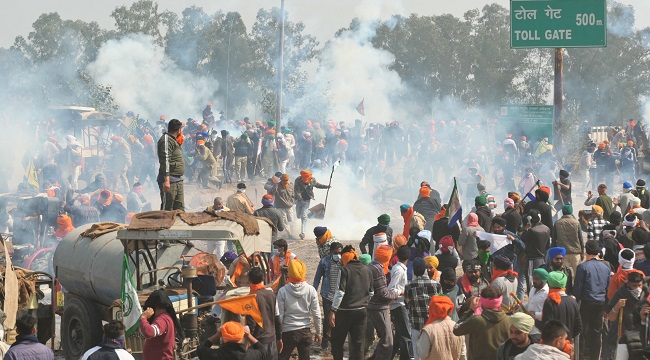Though Nigeria’s economy underperformed in 2022, owing to the challenges in the oil sector and unforeseen local and global events, the country has made major progress in light of the global recession occasioned by the COVID-19 pandemic, according to some economic experts.
Professor of Economics, University of Ibadan, Prof. Olawale Ogunkola; Deputy President, Lagos Chamber of Commerce and Industry, Gabriel Idahosa; and economist Tope Fasua shared their insights on Saturday during a live appearance on 2022 In Retrospect, Channels Television’s year-end programme.
Idahosa argued that the economy performed “far below” what was expected, adding that in terms of growth for the year, “we were hoping to get something like three percent, four percent, but we didn’t get there.”
The LCCI deputy president said in terms of individual sectors, many of them failed to do as well as projected, while others did “extremely well.” He further explained that the Ukraine-Russia War which commenced earlier in the year “threw out” all the projections of exchange rates.
Meanwhile, Ogunkola noted that the economic status over the past year is tied to Nigeria’s open economy, implying that the country does a significant amount of international trade.
In Fasua’s view, the agricultural sector suffered significant setbacks as a result of the floods. According to him, 2022 was perhaps the worst in a decade and that came with “a lot of losses.”
Ukraine-Russia War, Oil Sector And Global Inflation
Fasua noted that the crude oil sector had somewhat recovered “because at some point, we were producing less than a million barrels a day.” According to him, as of the end of November, “we were back to being the largest producer in Africa – over one million (barrels).”
“I’m very positive that in spite of all the challenges, we seem to have crossed the rubicon, positively in Nigeria, in terms of the economy,” he added.
In Ogunkola’s view, with the ongoing war in Ukraine, it is surprising that Nigeria is the only oil-exporting country that did not have substantial increase in the value of its oil.
“The reason has to do with leakages in the production. There are so many barrels we are supposed to export but we are unable to because we do some sharp practices that reduce the amount of oil that is sold at the international market,” he said.
The economics professor pointed out that as part of a global economy, Nigeria was also felt the effects of inflation, including imported inflation.
“We have some other reasons why the inflation is so high, including the internal problems that we have in terms of production disruption because of insecurity.
“In fact, we also imported some inflation, given that we are producing crude oil but importing (refined products), so instead of the increase in price of the oil, to be beneficial to us, it’s now like a curse because we need to do more in terms of blocking the leakages.
“Of course, the issue of controversial fuel subsidy, which implies that the higher the oil price, the more the subsidy we pay, also ameliorated the positive impact we were supposed to have from some of these external developments,” he said.
Idahosa also cited the volatile exchange rate which he said kept “spiralling out of any kind of control that the CBN (Central Bank of Nigeria) tried to put in place.”
Agriculture
Fasua bemoaned losses in the agricultural sector during the past year, despite its sizable investments.
“This year was perhaps the worst in a decade and that came with a lot of losses. So, to mitigate that, I think that the government of the day has made quite a bit of investment in agriculture, some of which may not be immediately reaped, as it were. Sometimes, it plays out like that.
“There’s been quite a bit of investment in agriculture. When we talk about some of the policies that try to reduce the importation of food crops – maybe when you talk about imports substitution as a policy, sometimes it’s going to be medium to long-term, for example, the production of rice, investment in rice. A lot of that will go to waste, but at least a kind of mentality is changing,” he said.
Ogunkola shed light on importation of agricultural products, saying, “[On] the issue of food production, you know the disruptions we have and importing food is also an expensive business.
“Instead of us being able to produce what we can consume, we’re importing more of what we are not producing. So, this created a lot of problems that we have currently in the economy.”
Idahosa described the performance of the sector as flat, adding that even though there was a lot of input in agriculture, the combination of insecurity and the flood had “wiped out” a lot of the expectations in that sector.
Manufacturing And ICT
The LCCI deputy president stated that the Information and Communication Technology (ICT) sector did “pretty well” and continues to grow. “It sort of compensated for some sectors that are not doing so well,” he added.
According to him, manufacturing continues to suffer because of two key issues they have always had: power, infrastructure, and cost of raw materials “because of imported inflation.”




